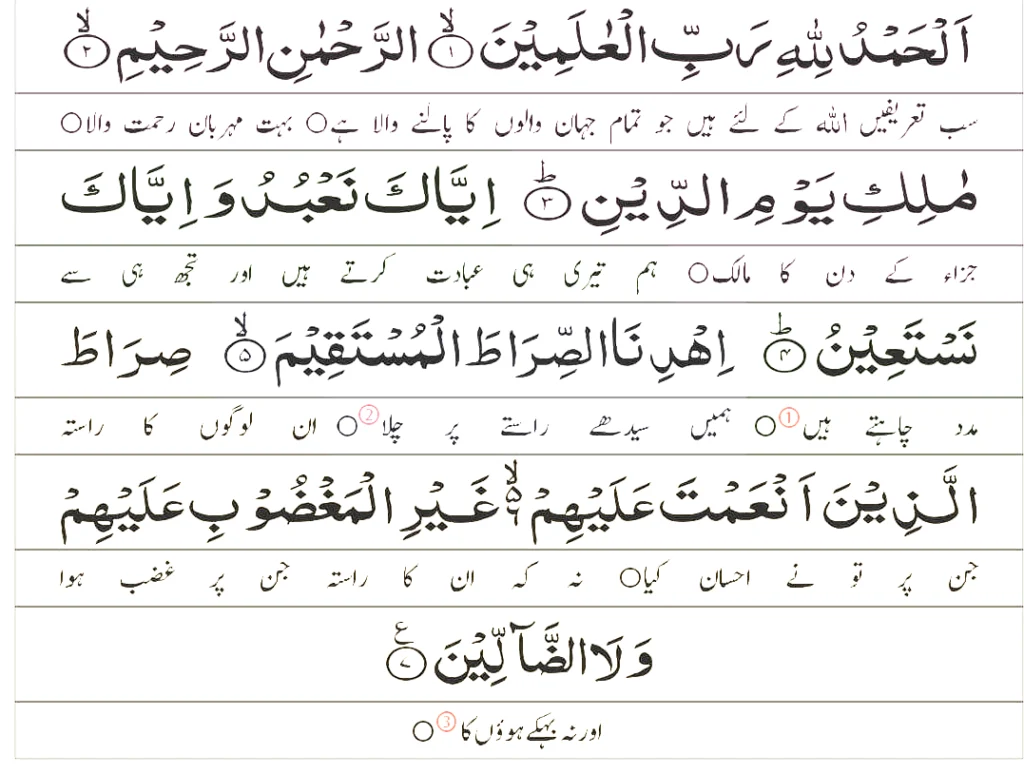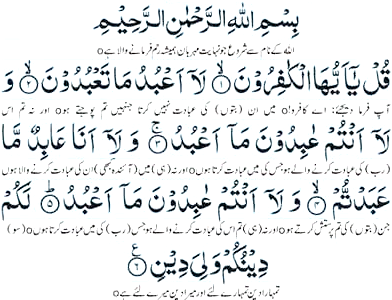In a world that never seems to slow down, finding moments of peace and spiritual connection can be incredibly challenging. For many, the act of prayer provides this much-needed respite. Among the various forms of Islamic prayer, Tahajjud stands out as a deeply spiritual practice that brings peace, closeness to Allah, and numerous blessings. This blog post aims to explore the significance, benefits, and practices of the Tahajjud prayer and its accompanying dua. Whether you are new to Islamic practices or a seasoned practitioner, understanding Tahajjud can enrich your spiritual life and bring profound tranquility.
What is Tahajjud?
Tahajjud is a voluntary night prayer performed by Muslims after Isha (the obligatory night prayer) and before Fajr (the obligatory morning prayer). It is not compulsory, but it is highly recommended and holds great spiritual significance. This prayer is mentioned in the Quran and Hadith, reflecting its importance in Islamic teachings.
The Spiritual Significance of Tahajjud
Tahajjud prayer serves as a special connection between a believer and Allah. Waking up in the stillness of the night, when the world is asleep, and devoting oneself to prayer creates a unique spiritual atmosphere. It is believed that during this time, Allah bestows His mercy and listens to the supplications of His servants.
Importance
Historically, Tahajjud has been practiced by the Prophet Muhammad (peace be upon him) and his companions. Numerous Hadiths highlight how the Prophet would regularly perform Tahajjud, stressing its significance as a means to seek Allah’s guidance and forgiveness.
Benefits of Tahajjud Prayer
Spiritual Benefits
Performing Tahajjud fosters a deep sense of spiritual fulfillment. It allows for a direct and intimate conversation with Allah, enabling believers to seek His guidance, mercy, and forgiveness. This nightly devotion strengthens one’s faith and brings inner peace.
Psychological Benefits
Interestingly, waking up for Tahajjud prayer can also have psychological benefits. The tranquility of the night and the focus on prayer help reduce stress and anxiety, promoting mental well-being. It serves as a form of meditation, clearing the mind of daily worries.
Health Benefits
Waking up in the middle of the night and engaging in physical activity like prayer can have health benefits too. It increases circulation, helps regulate sleep patterns, and can contribute to a healthier lifestyle overall.
How to Perform Tahajjud Prayer
Preparing for Tahajjud
Before performing Tahajjud, it is essential to have the intention to wake up and pray. A short nap after Isha can help one wake up refreshed. Setting an alarm can also ensure you don’t miss the prayer time.
Number of Rakahs
Tahajjud prayer can be performed in sets of two rakahs (units of prayer). While there is no fixed number of rakahs, it is common to pray at least two rakahs and up to eight or more, depending on one’s capacity.
Preparing for Tahajjud
Setting an Intention (Niyyah)
Begin with a sincere intention to perform the Tahajjud prayer. This intention should be made before you go to sleep.
Waking Up
Set an alarm to wake up in the last third of the night. This is considered the most blessed time for offering Tahajjud.
Performing Wudu
Make sure to do ablution (wudu) to clean yourself up before you pray.
How to Pray Tahajjud
Step 1 – Starting the Prayer
Begin by performing two rakats as you would for any other prayer. Stand facing the Qiblah and make your intention (niyyah) to offer Tahajjud.
Step 2 – Reciting Surah Al-Fatiha
In each rakat, start by reciting Surah Al-Fatiha.

Suggested Surahs for Recitation
First Rakat – Surah Al-Kafirun

Second Rakat – Surah Al-Ikhlas

Completing the Prayer
Concluding with Salaams
After completing your rakats, conclude the prayer by turning your head to the right and then to the left, saying “Assalamu Alaikum wa Rahmatullah” each time.
Offering Tahajjud Dua
After finishing the prayer, it’s highly recommended to make supplications. The following dua was frequently recited by Prophet Muhammad (SAW) after Tahajjud:


Conclusion
Tahajjud prayer and its accompanying dua offer a unique opportunity to connect with Allah on a deeper level. By making it a regular part of your worship routine, you can experience unparalleled spiritual elevation, peace of mind, and a stronger faith. If you’re looking to enrich your spiritual life, consider incorporating Tahajjud into your nightly prayers.

